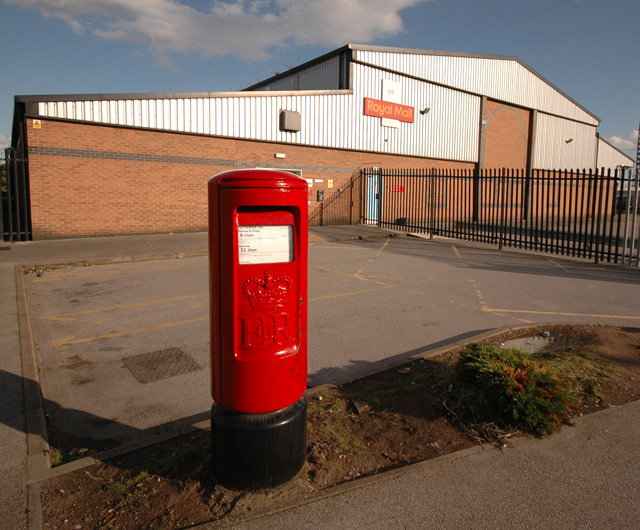
Royal Mail will stop delivering second-class letters on Saturdays, as part of new cost-cutting measures approved by Ofcom, the UK's postal regulator.
Starting 28 July, second-class mail will only be delivered on alternate weekdays—either Monday, Wednesday, and Friday one week, or Tuesday and Thursday the next. The move is aimed at reducing expenses as letter volumes continue to decline, driving up the cost of postage.
The change comes under Royal Mail’s Universal Service Obligation (USO), which currently requires it to deliver letters six days a week and parcels five days a week. While second-class service will be scaled back, Royal Mail will still be required to deliver first-class letters Monday through Saturday.
“These changes are necessary to help ensure the postal service remains viable in a world where fewer letters are being sent,” said Natalie Black, Ofcom’s group director for networks and communications. She added, however, that successful implementation is up to Royal Mail: “The company must now follow through effectively.”
Royal Mail said it supports the changes and is eager to roll them out. It has already been testing the revised schedule in 37 of its 1,200 delivery offices since February. The full transition is expected to take 12 to 18 months.
Ofcom estimates the new delivery model could save Royal Mail between £250 million and £425 million per year.
International Distribution Services (IDS), Royal Mail’s parent company, called the announcement “good news for customers across the UK” and said the updated model would support a more reliable and sustainable service. IDS CEO Martin Seidenberg said the changes “reflect how people use mail today.”
In addition to delivery changes, Ofcom is lowering performance targets. Royal Mail will now be required to deliver 90% of first-class mail the next day, down from 93%. For second-class, 95% must arrive within three days, reduced from 98.5%. A new standard will also require that 99% of mail is delivered within two days of its target to minimize extreme delays.
Royal Mail has faced penalties for underperformance in recent years, with Ofcom issuing fines totaling £17.6 million since 2020.
Consumer groups voiced concern about the reforms. Citizens Advice said Royal Mail has “a woeful track record” on delivery and accused Ofcom of missing a chance for more impactful reform. “Cutting services and easing targets won’t fix the deeper problems,” said policy director Tom MacInnes.
The UK Greeting Card Association also criticized the move, warning that scaling back second-class services could force consumers and businesses to rely on costly, unregulated first-class mail. Photo by Paul Harrop, Wikimedia commons.



































